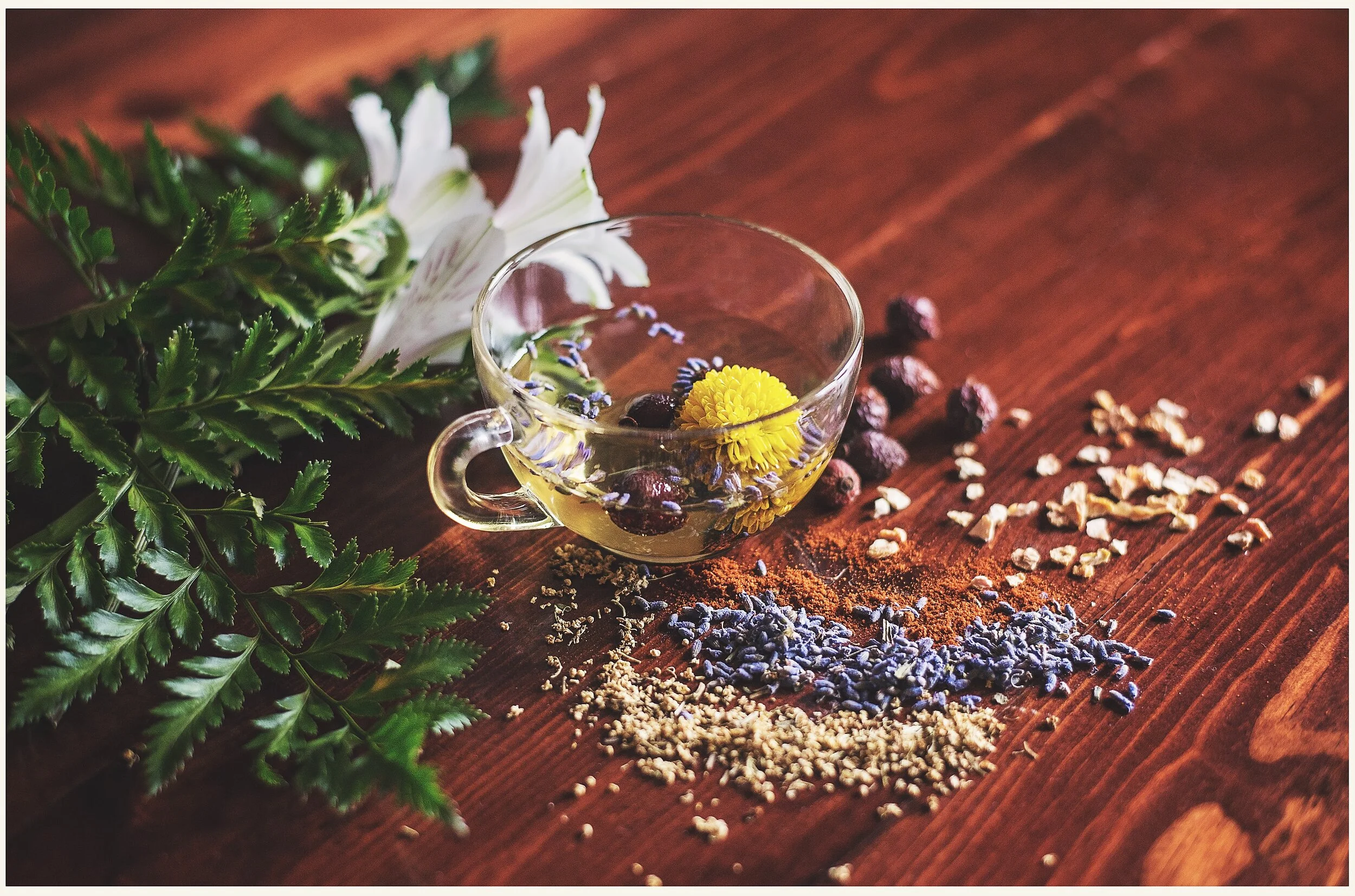General Health Tips
It's important for Pittas to keep cool by avoiding overexposure to direct sunlight and fried and spicy foods. Avoid alcohol and tobacco, overworking, and overheating. When aggravated, susceptible to feeling negative emotions like hostility, hatred, intolerance, and jealousy. Choose fresh vegetables and fruits that are watery and sweet, especially cherries, mangoes, cucumbers, water melon, and avocado. Have lots of salads with dark greens such as arugula, dandelions, and kale. Avoid conflicts. Cultivate the virtues of honesty, morality, kindness, generosity, and self-control.
Exercise
Pitta recommended classes at The Conscious Club
Benefit from cultivating a calm, relaxed attitude toward their practice and letting go of their competitive tendency.
Avoid : Heat, yoga forms that cause profuse sweating. You may want to schedule your yoga sessions during cooler times of the day, such as dawn or dusk.
We recommend the following type of classes:
Yin / Yang Yoga
Traditional Hatha Yoga
Meditation
Yin Yoga
Lu Jong Tibetan Healing Yoga
Tai Chi
Qi Gong
Morning Flow
Slow Flow
Hatha Flow
Events
The Zen Special: Yin Yoga & Yoga Nidra
Meditation & Music
Sound Journey
Deep Restorative Sessions
Kirtan: The Sound of Yoga
Yin & Chakra Journey
Ayurvedic Lifestyle Class
Sacred Cacao Ceremony
Hip Opener Series
Food
Pitta is oily, sharp, hot, light, spreading, and liquid. Foods that neutralize these qualities are foods that are dry, mild, cooling, grounding, stabilizing and dense. When we take a closer look at the qualities of various foods, we will have an improved understanding of these qualities so they can guide you in making specific dietary choices that will better support Pitta:
Favour cool over warm
Favour dry and dense over oily or liquid
Favour mild over sharp
Tastes to Favour and Avoid
Emphasize: sweet, bitter and astringent (flavour of dryness)
Minimize: pungent (spicy, hot), sour and salty
How to Eat
When it comes to reducing Pita, how we eat may be just as important as what we eat.
Pitta’s strong and sharp appetite has a general intolerance for skipping meals. A regular eating schedule of at least tree meals a day is recommended. Eating at the same time each day will also help balance pitta’s overactive digestive fire.
For Pitta it’s important to eat in peaceful environment. An environment where we can offer our full attention to the food we’re eating. This will help prevent overeating, which is common with pitta’s strong appetite.
What to eat
Ayurvedic food combining
Careful food combining can improve the quality of digestion, support the body in receiving a deeper level of nourishment, and positively impact our overall health. The Ayurvedic perspective is that each food has a distinct combination of tastes and energies – and a corresponding affect on both the digestive system and on the body as a whole. Combining foods with radically different energetics can overwhelm the digestive fire and can cause indigestion, fermentation, gas, bloating, and the creation of toxin
Notice which foods you combine that may be difficult to digest together, and how often you indulge in them. Become aware of how you feel afterwards. Do these choices affect your energy level, your digestion, your elimination, the coating on your tongue? Are particular combinations more noticeably influential than others? These are all important pieces of information.
When to eat
Breakfast is a very important meal when Pitta is elevated. Good choices are sweet, high in carbohydrates but also offer sustained energy.
Lunch is the main meal of the day, meaning it’s the largest and the most nourishing of the three. A wide variety of Pitta appropriate grains, beans, and vegetables are great building blocks for lunch.
Dinner is ideally smaller and lighter than lunch. But needs to be adequate to sustain pitta’s active metabolism.
















